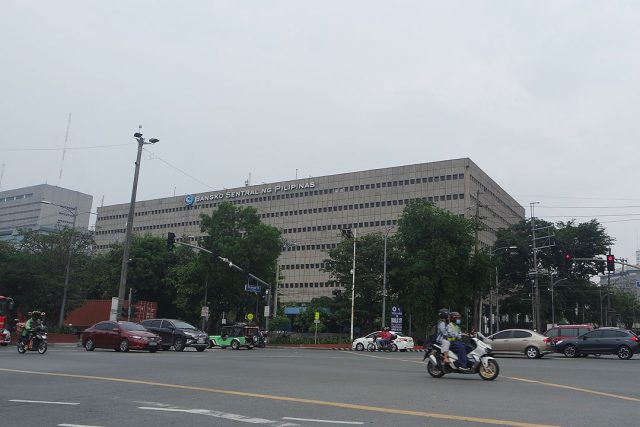‘Better years’ ahead for PHL — Diokno

DESPITE a looming global recession, the Philippines is still expected to have one of the highest growth rates among six Association of Southeast Asian Nations (ASEAN) member-economies next year, Finance Secretary Benjamin E. Diokno said.
“After the highly unprecedented pandemic, followed by Russia’s invasion of Ukraine and a weakening China growth, the global economy is likely to face a mild recession next year. But for the Philippines, the worst is over, and better years are expected,” Mr. Diokno said in a statement.
For 2022, he said that the economy will likely grow faster than the government’s official target range of 6.5-7.5%.
The Development Budget Coordination Committee (DBCC) projects gross domestic product (GDP) growth at 6-7% in 2023, a narrower band than its previous target of 6.5-8%.
“Many institutions and experts have predicted a global recession in 2023, and consequently, downgraded Philippine GDP outlook to less than 6%,” Mr. Diokno said.
“But an average GDP growth of 6.5% is nothing to be sneezed at: it is still one of the highest, if not the highest, growth rates among ASEAN+6 economies.”
The Asian Development Bank (ADB) earlier this month gave a 6% GDP growth forecast for the Philippines next year. This is the second-fastest growth forecast among Southeast Asian economies, after Vietnam’s 6.3%.
Mr. Diokno said the positive outlook is due to several reasons, including the early approval of the 2023 national budget and the adoption of the first-ever Medium-Term Fiscal Framework and the Philippine Development Plan (PDP).
“This means that the programs and projects of the National Government will start to run from day one of the new year. This is especially relevant for public construction which is about one-fifth of the national budget. Ideally, public construction has to start in the first half of the year because of the favorable weather conditions: more sunny, less rainy, days,” he said.
President Ferdinand R. Marcos, Jr. on Dec. 16 signed the P5.268-trillion national budget for next year.
Mr. Diokno noted the PDP would help accelerate economic recovery, and put Mr. Marcos’ eight-point socioeconomic agenda into action.
The optimistic outlook for the Philippine economy is also partly due to its “strong international credit profile,” he said.
“In a sea of downgrades as a consequence of the pandemic, major credit agencies have maintained the Philippines’ investment-grade credit ratings,” he added.
In September, Moody’s Investor Service retained the Philippines’ “Baa2” credit rating with a “stable” outlook. Fitch Ratings also maintained the Philippines’ long-term foreign currency issuer default rating at “BBB”, while S&P Global Ratings affirmed the Philippines’ investment grade rating of “BBB+.”
Mr. Diokno also cited the country’s stable and resilient banking system, as well as adequate buffers against external headwinds, as reasons for his positive outlook.
“In addition, the country has a steady supply of foreign exchange from overseas Filipino remittances, export revenues from business process outsourcing firms, tourism receipts, and inflows from foreign direct investments,” he added.
The Philippines now has a more favorable economic environment after it removed barriers to foreign investments, and is committed to pursuing more infrastructure projects, Mr. Diokno said.
“As long as the country stays united and its political leaders and policy makers remain focused on economic growth, the Philippines’ future remains bright. The trajectory of its growth will make the country one of the leading economies in the Asia-Pacific region,” he said.
Meanwhile, the Department of Budget and Management (DBM) said that around P2.58 trillion of next year’s national budget will be used for the government’s eight-point socioeconomic agenda.
“This aims to address the immediate concerns of the country, such as inflation, by protecting the purchasing power of families and consumers. The recently-approved national budget also targets to mitigate the socioeconomic scarring brought by the COVID-19 pandemic,” the DBM said in a statement on Wednesday. — L.M.J.C. Jocson












